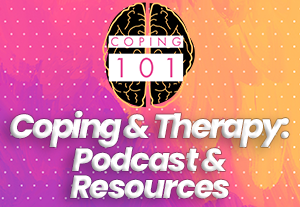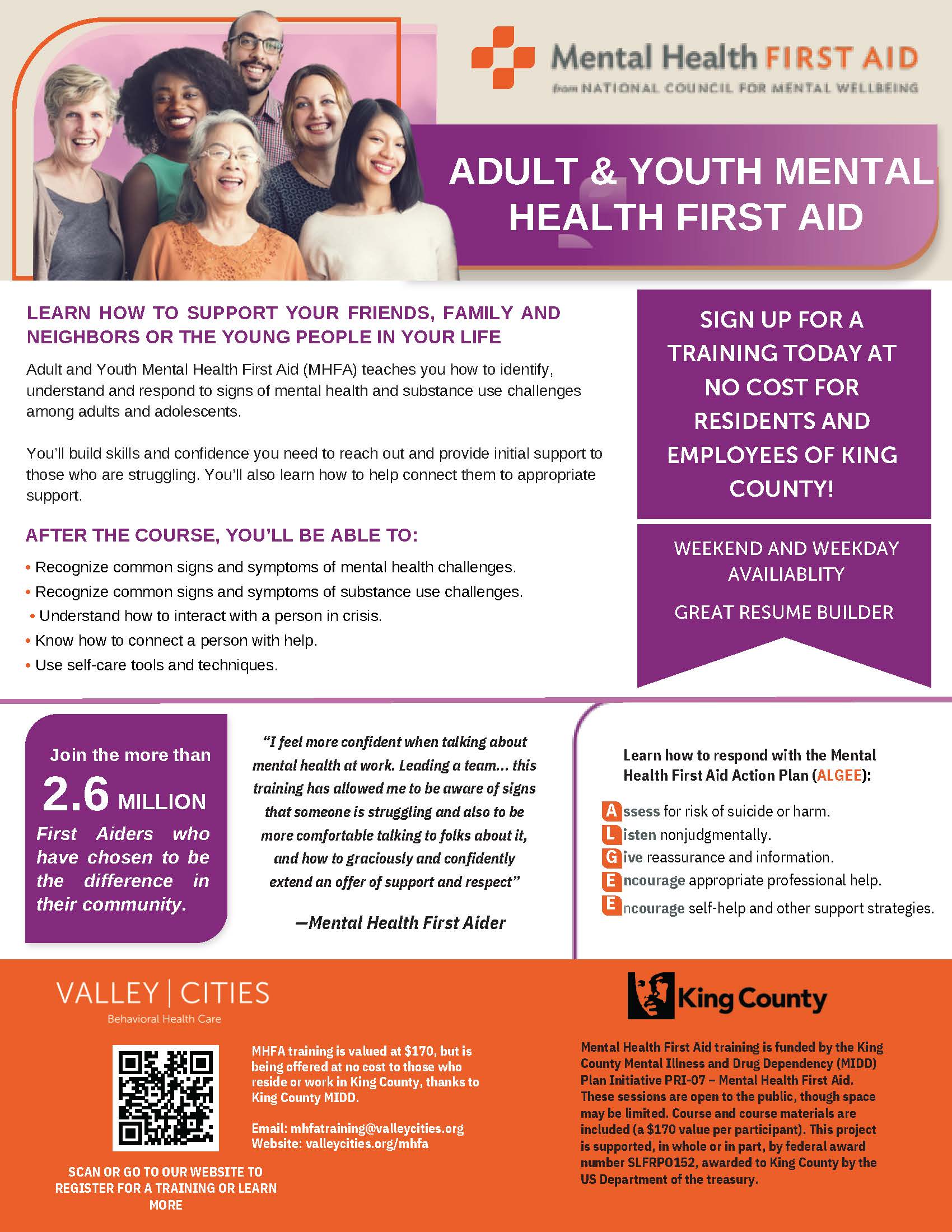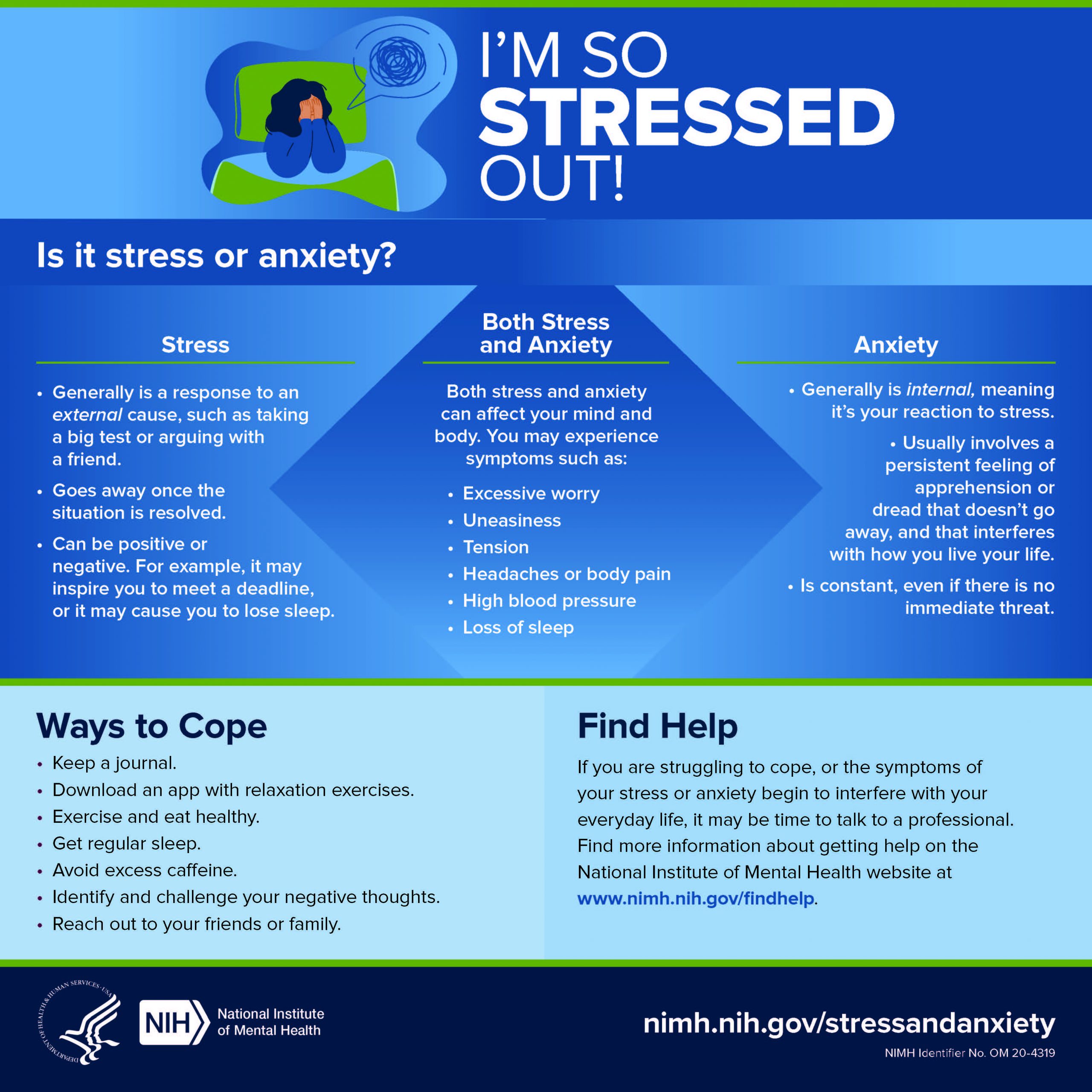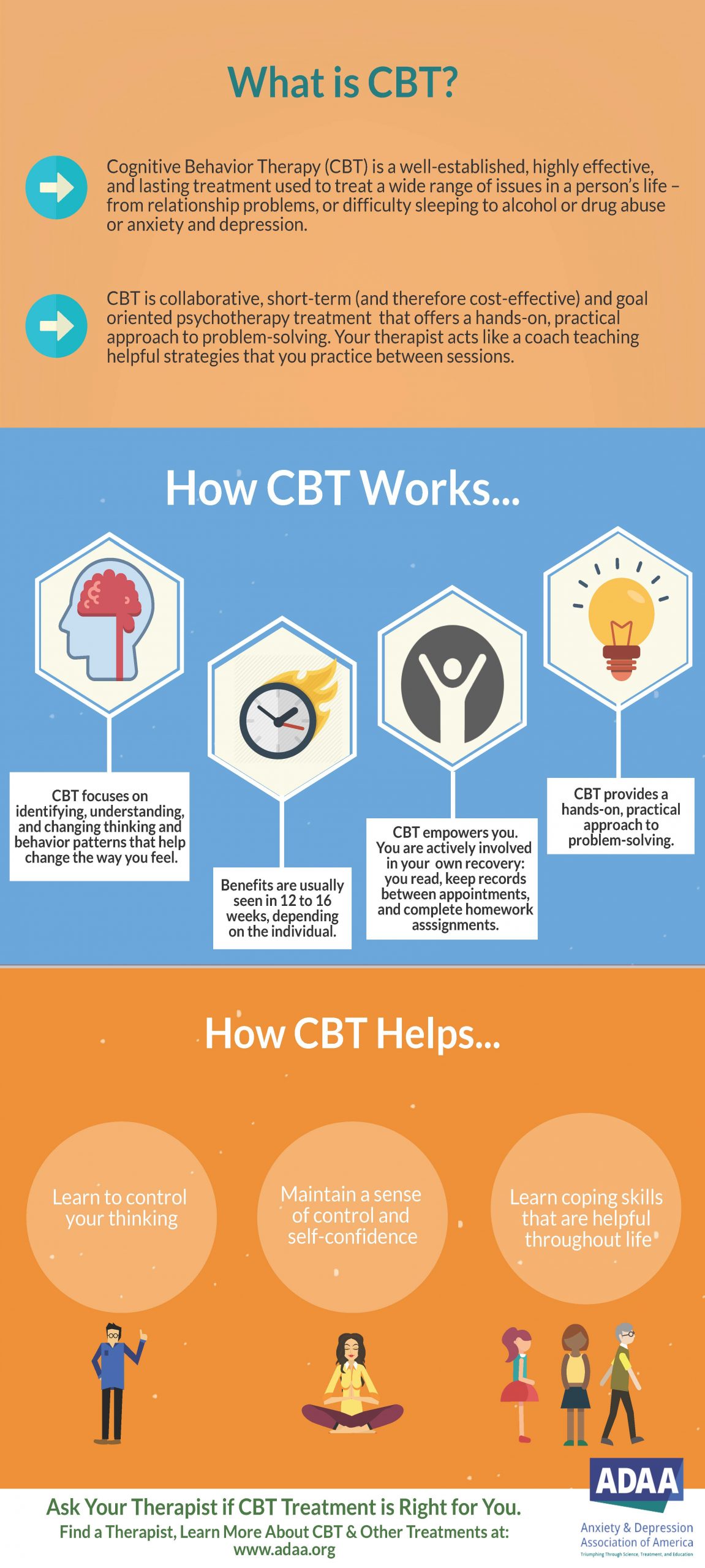
After the tragic shooting during Beyond Wonderland at the Gorge, C89.5’s Drew Bailey discussed mental resilience and coping with trauma with Seattle Children’s Director of Child & Adolescent Psychiatry & Behavioral Medicine, Dr. Larry Wissow.
Art makes people happier, and has been proven to carry loads of positive health benefits. Seattle-based, internationally recognized artist Catherine Mayer knows the powerful role arts can play in wellness, which led her to found the L.A.U.G.H app and workshop series. An acronym for Let Art Unleash Great Happiness, the app applies sensory tools and visual arts to help users with relaxation, mindfulness and building self-esteem. Join our student hosts in learning how tech and art can combine to improve mental health, along with self-care practices that can lower stress, increase concentration and boost moods.
May is Mental Health Awareness Month, a perfect occasion to check in with ourselves and reassess how we’re doing. In this episode, students in C89.5’s Radio program explore basic approaches to Coping and Therapy, with the help of Seattle Children’s Dr. Cathy Swanson. Listen and learn simple techniques to improve your daily self care, and discover an array of local and online resources along with tips to affordably access the right treatment providers on your path to mental wellness.
Doing the work to help ourselves makes it possible for us to be able to help others. In this episode of C89.5’s student-hosted Coping 101 podcast, we’re joined by Kelsey Motley, an alum of Pathlight Mood & Anxiety Center’s Recovery Program who’s on her way to becoming a Clinical Mental Health Counselor. Listen and learn as she shares her story with insights on seeking help, mindfulness, the life-saving benefits of service animals, and some of the tools she uses daily to maintain mental wellness.
Seattle Children’s Resources
- How to Use Coping Cards– This tool is best used to support youth with depression, self-harm or suicidal ideation as well as youth with behavioral outbursts. It can help you and your child learn which situations lead you to emotional or behavioral distress and which coping skills can help.
- Coping Cards – This tool is best used to support youth with depression, self-harm or suicidal ideation as well as youth with behavioral outbursts. Print this out and fill it in to make a coping card for your child, and one for you, too.
- Washington’s Mental Health Referral Service for Children and Teens– This free service connects families with mental health providers who have openings in their schedule and can meet your child’s needs.
- Finding Mental Health Care in Washington State: Where to Start (Video Class) – This free virtual class helps families understand and use the youth mental health system in Washington state.
- Choosing a Mental Health Provider – Learn about the types of mental health providers and what to look for when seeking therapy for your child.
- Parenting Tool: Emotion Coaching – Help your child understand their emotions and how to cope with them through emotion coaching.
- A Path to Resilience in the Face of COVID-19 – Researchers at Seattle Children’s created this infographic to teach scientifically-backed skills to help you build resilience.
More Resources
- How to Cope – Tips on how young people can work to recognize and acknowledge different emotions and healthy strategies for how to cope.
- Get Inspired – Videos, blogs, coloring pages and printable activities young people can use to decrease stress, boost creativity, improve social relationships and more.
- Habit Tracker – This printable tracker helps people note their moods, feelings, and self-care routines throughout the days and weeks.
- Color Therapy – Downloadable therapy pages to color as a form of stress relief
- Mental Health First Aid Training, info and FREE registration: Mental Health First Aid — Valley Cities
- National Mental Health First Aid Training website: About MHFA – Mental Health First Aid
- IMPACTS of Mental Health First Aid Training (Blogs, Press Releases and Case Studies featuring stories, thoughts and reflections on MHFA). Latest Impacts – Mental Health First Aid
- National Institute of Mental Health: Taking Control of Your Mental Health: Tips for Talking With Your Health Care Provider – Five tips to help prepare and guide you on how to talk to your health care provider about your mental health and get the most out of your visit.
- National Institute of Mental Health: Caring for Your Mental Health (videos) – Videos with tips for managing stress and anxiety.
- Substance Abuse and Mental Health Services Administration: Living Well with Serious Mental Illness – Tips for managing conditions, overcoming challenges and living well.
- Mental Health America: Mental Health Treatments – Provides information on psychotherapy, medications, hospitalization, support groups, self help, peer support and more.
- National Alliance on Mental Illness: Mental Health Treatments – Includes section on types of mental health professionals, psychotherapy, treatment settings, medications, complementary health approaches and more.
- National Alliance on Mental Illness: Hearts and Minds – NAMI Hearts+Minds is a wellness program designed to educate and empower you to better manage your health — mentally and physically.
- The Seattle Times: Guide to Multicultural Mental Health Care Created by Seattle-area Youth – The Seattle Times Education Lab partnered with members of King County Public Health’s Social Media Ambassadors and Soar youth programs to create a resource for young people seeking mental health support services.
- A guide for kids and teens to talk to their caregivers about their mental health needs: https://www.
seattletimes.com/seattle-news/ mental-health/for-teens-and- kids-how-to-talk-to-your- parent-or-caregiver-about- your-mental-health-needs/ - A guide for adults to talk to youth in their life about mental health: https://www.
seattletimes.com/seattle-news/ mental-health/how-to-talk-to- your-child-about-their-mental- health-experts-offer-tips-to- parents-and-caregivers/ - A guide for finding a therapist: https://www.
seattletimes.com/seattle-news/ mental-health/having-trouble- finding-a-therapist-in-the- seattle-area-here-are-some- tips/ - A guide for alternative options for mental health care while waiting for a therapist: https://www.
seattletimes.com/seattle-news/ mental-health/hitting- roadblocks-while-looking-for- a-therapist-here-are-some- additional-options/ - Low cost / sliding scale Community Counseling & Psychology Clinic from Antioch University: www.antioch.edu/centers-
institutes/aus-counseling- center/ - Seattle-based Online Group Therapy for LGBTQIA+ adolescents of color
Video Content:
- Mental Health Help That Lasts – A great video reminding young people that recognizing emotions, instead of pushing them away, is part of staying mentally and emotionally healthy. And using substances—like marijuana—might make stress, anxiety, and depression worse.
Infographics







Follow C89.5